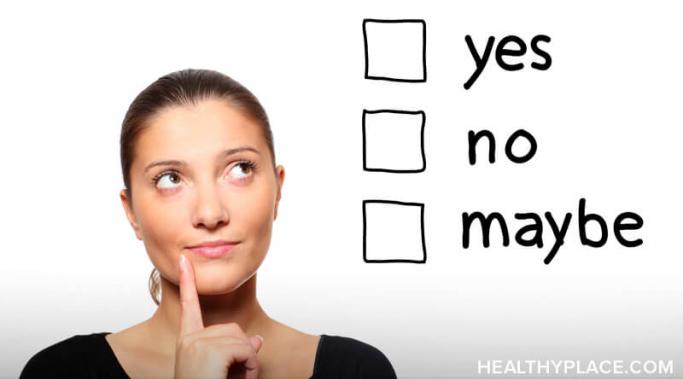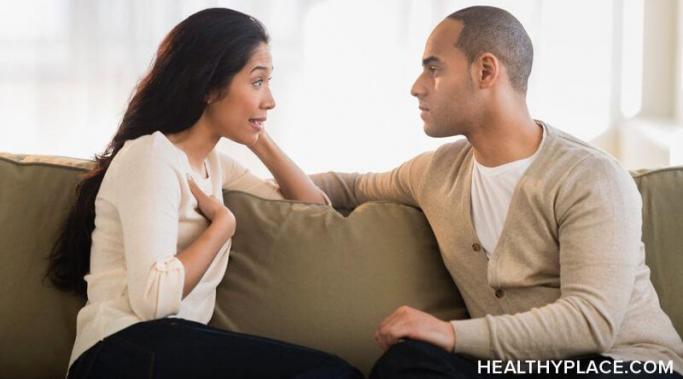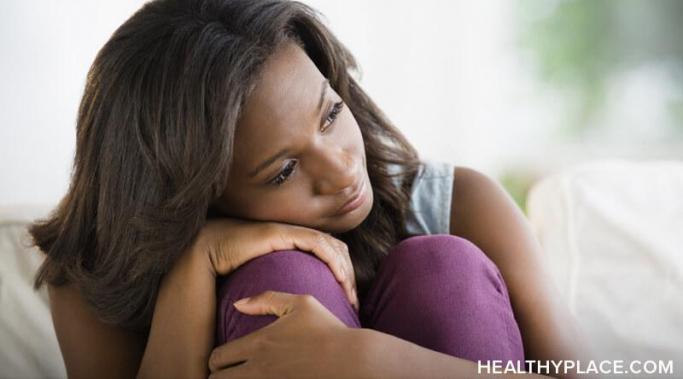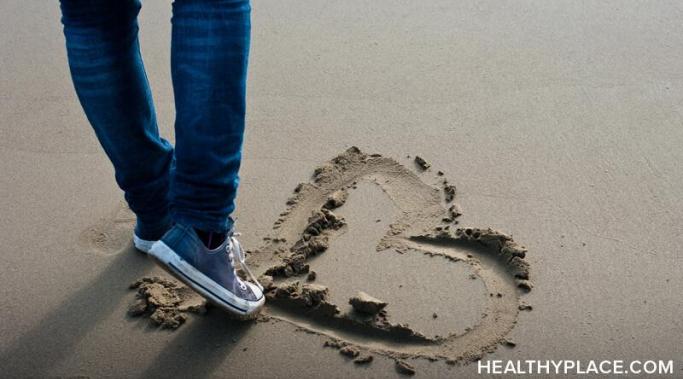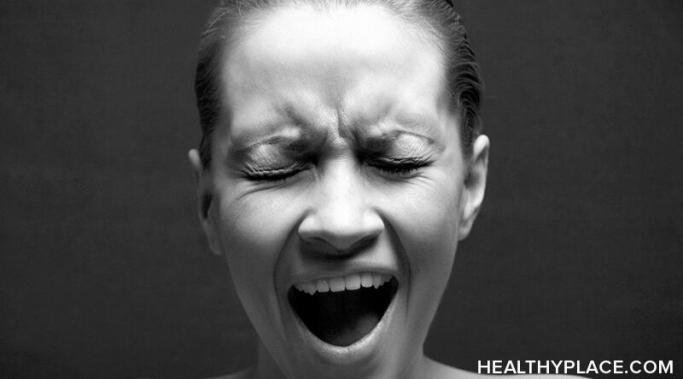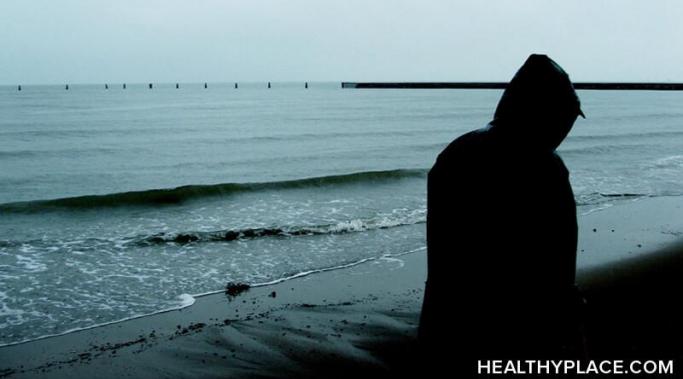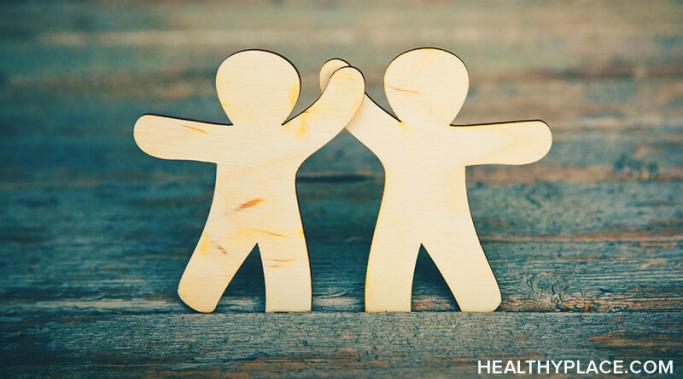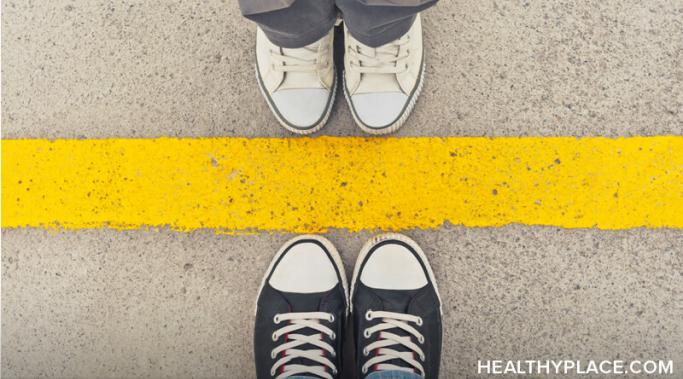When I operate within the framework of an eating disorder, my life orbits around fear. I am afraid of consuming three balanced meals. I am afraid of not being able to squeeze in enough exercise. I am afraid of the number staring back at me on a scale. I am afraid of seeing the calorie count on a nutrition label. I am even afraid of existing inside my own skin.
Friendships
This might seem like a bold, hyperbolic claim, but it just so happens to be true: I have no regrets about my eating disorder. Of course, there are some behaviors I am not proud of, relationships I have worked fiercely to restore, and memories I still flinch at. But in terms of actual regret, I simply think it's a wasted emotion. While I have absolutely no desire to relive those 15 years of battling anorexia, this formative chapter in my life transformed me into who I am right now—a person for whom I feel genuine love and respect. So if you'll indulge me for a few minutes, I will unpack why I have no regrets about my eating disorder.
I have a few tattoos that symbolize the path I walked to heal from an eating disorder (ED). Some are more recognizable than others, but all of them are meaningful to me. However, with that being said, I've recently started to think twice before I discuss these ED recovery tattoos with acquaintances—or even friends—who ask about them.
Disclosing an eating disorder can be uncomfortable—even downright scary. In fact, research shows the prevalence of those who suffer from eating disorders is vastly underrepresented. A 2019 estimate from the Global Burden of Diseases reveals that as many as 41.9 million eating disorder cases were unreported over the course of just one year.
When you enter the process of eating disorder recovery, one of the most intrusive—not to mention, persuasive—lies you might have to wrestle with is the belief that you're a burden. The combination of shame and stigma, which often underpins an eating disorder and many other forms of mental illness, can leave you feeling like just too much for those around you to tolerate. But as difficult as it can be to tune out this message, don't listen to the eating disorder voice: You are not a burden. In fact, you are worth claiming space in this world.
As much as I would rather overlook this step in the healing process, I cannot deny that self-forgiveness is a powerful tool in eating disorder recovery. It pains me right down to my core when I remember just how much I hurt both myself and those I love most in that dark, miserable season of life when my eating disorder had all the control. I take no pleasure in those memories, but I need to forgive myself for them nonetheless.
Confession: I have felt internally out of control during the past month, and as I have come to learn about myself, this perceived lack of control can activate my eating disorder habits. To be fully transparent here, I'm not sure what to do about this recurring behavioral pattern in my life, but for right now, I just need space to acknowledge it. I will undoubtedly examine it through a curious, in-depth lens with my therapist in this week's counseling session. However, at the moment, I have to be truthful about the reality that this lack of control I feel is threatening to activate my eating disorder habits.
This article is not meant to be a universal claim about eating disorders, as I can only speak from my own observations and experiences. But in many cases, I believe that eating disorder behaviors manifest on the surface to mask a fear of rejection deep within.
There will often come a time in the healing process when you feel an impulse to share what you've learned with someone else and invest in their eating disorder (ED) recovery as well. I have experienced that urge in my own personal journey, and I've also watched it manifest in other ED recovery warriors I know.
In my own experience, boundaries are frequently talked about in the mental health community as pillars of self-care, but all too often, it's unclear how to create and reinforce those healthy boundaries. I define boundaries as an instruction manual for which behavioral dynamics, communication habits, and interpersonal treatment I either will or won't tolerate in my relationships—and life overall.


